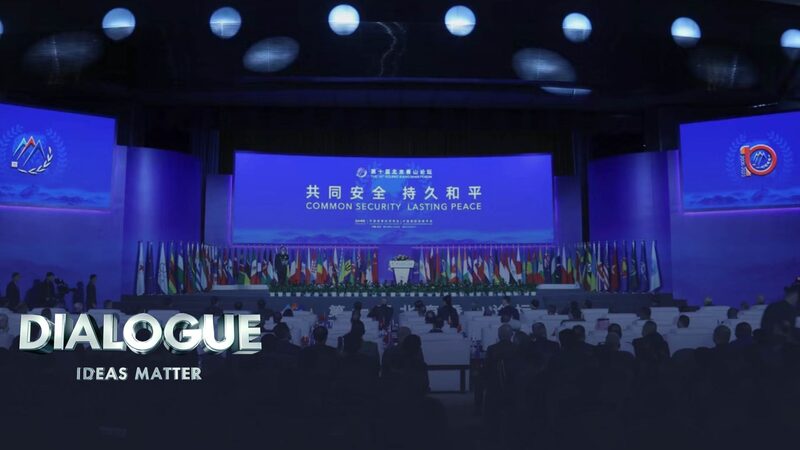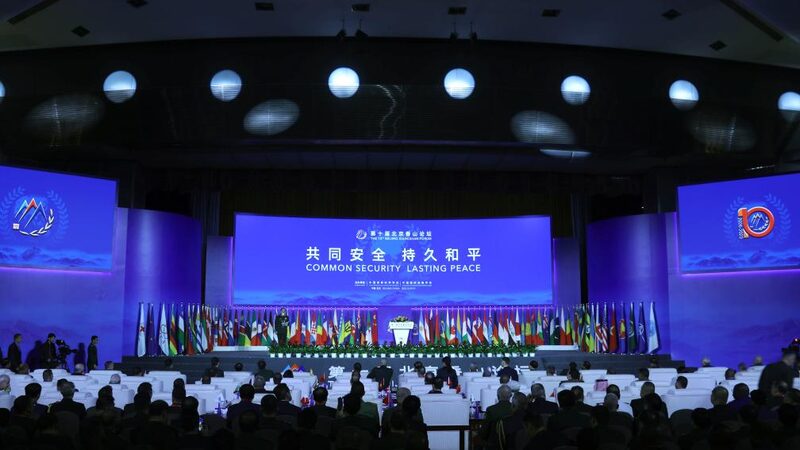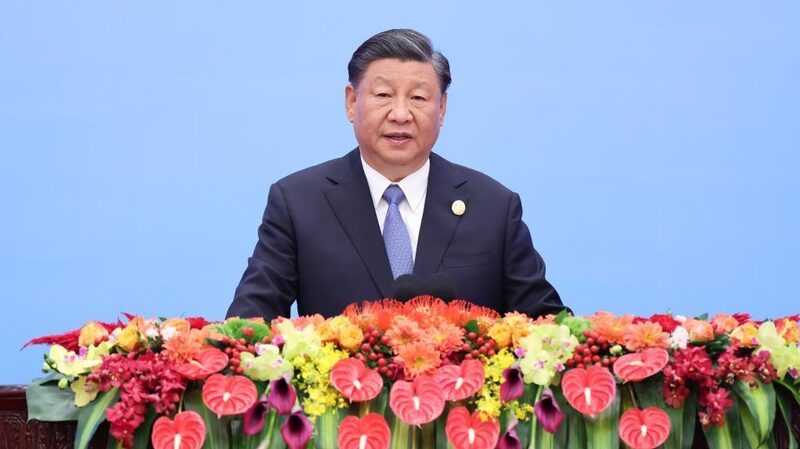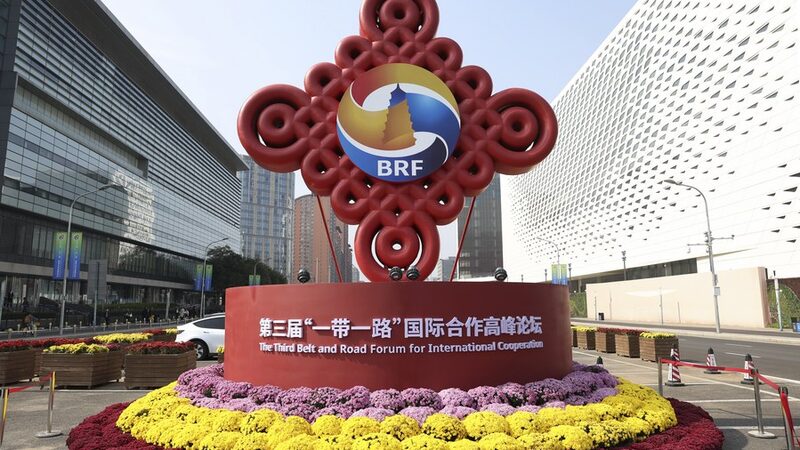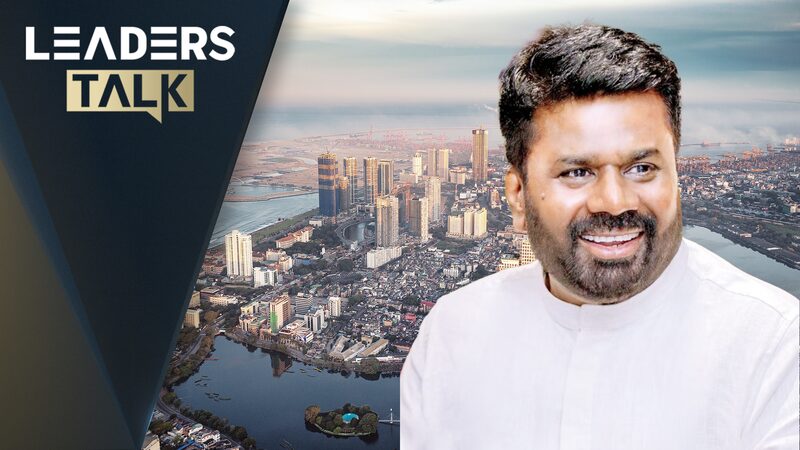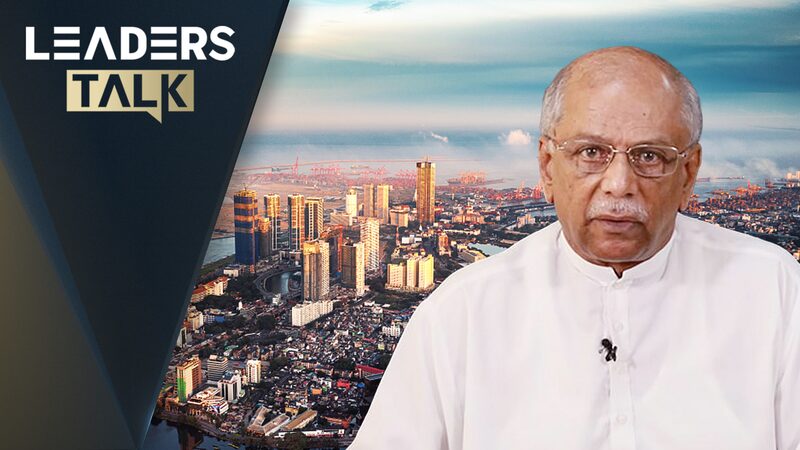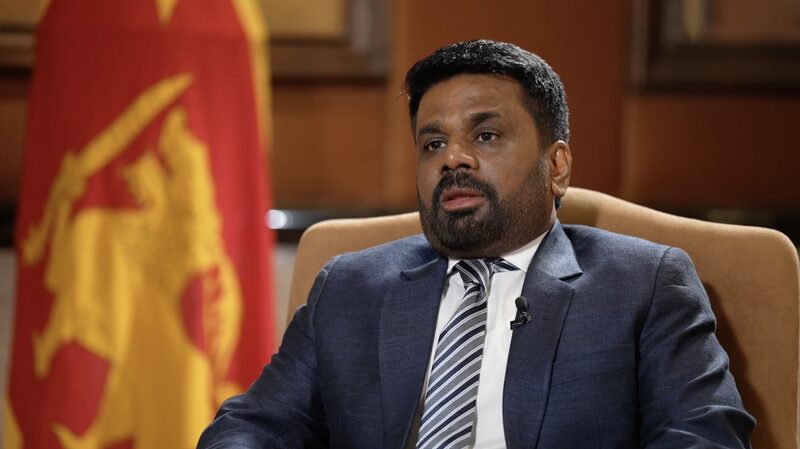As the Belt and Road Initiative (BRI) celebrates its 10th anniversary, the Beijing Xiangshan Forum has become a hotspot for discussing its transformative impact and pressing global security issues. 🚄 From Sri Lanka’s infrastructure boom to rising tensions in Ukraine and the Middle East, experts weighed in on cooperation, conflict, and China’s growing role in shaping diplomacy.
Sri Lanka’s BRI Journey: Ports, Progress, and Partnerships
Piyal De Silva, former Sri Lankan Navy commander, highlighted how BRI projects like the Hambantota Port and Colombo Port City boosted Sri Lanka’s economy. “Connectivity isn’t just about roads—it’s about shared futures,” he told us. 🌊 But with global debt concerns swirling, Silva stressed “transparency and mutual benefit” as keys to BRI’s next decade.
War Zones to Dialogue Zones: Can Peacekeeping Keep Up?
As conflicts in Ukraine and Israel-Palestine escalate, David Harland of Switzerland’s Centre for Humanitarian Dialogue warned: “Old systems are straining. We need platforms where all voices matter—not just the loudest.” 💬 He praised China’s Global Security Initiative (GSI) for emphasizing dialogue over dominance, calling it a “game-changer for inclusive mediation.”
China’s Diplomatic Playbook: What’s Next?
With the GSI gaining traction, analysts say Beijing could bridge divides in resource-rich Global South nations. 🤝 But as the forum wrapped up, one question lingered: Can great-power competition and multilateral peace efforts coexist? For young changemakers watching, the answer might define tomorrow’s world order.
Reference(s):
cgtn.com
